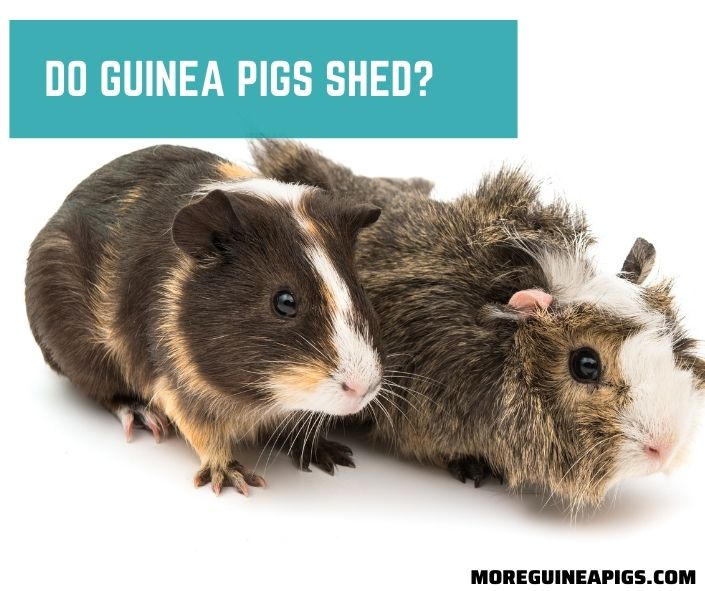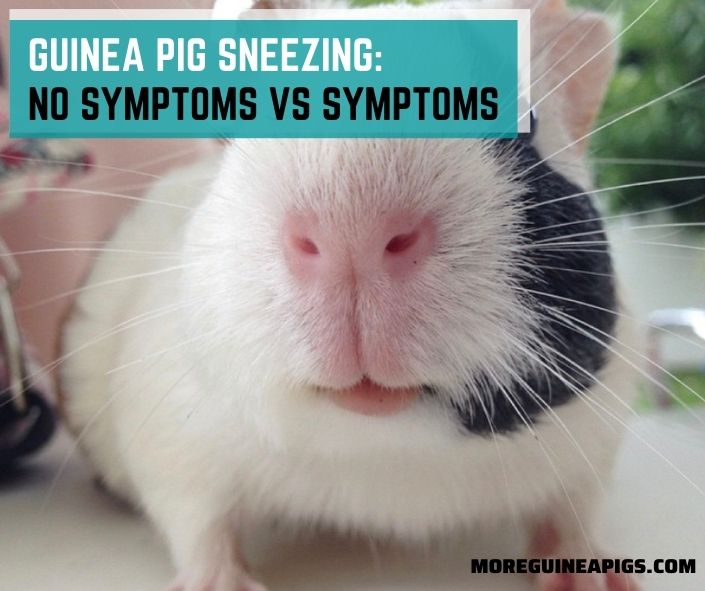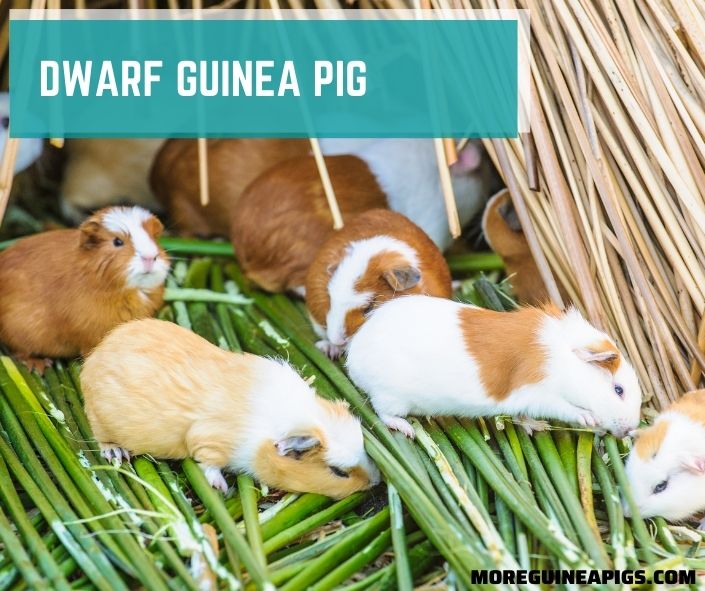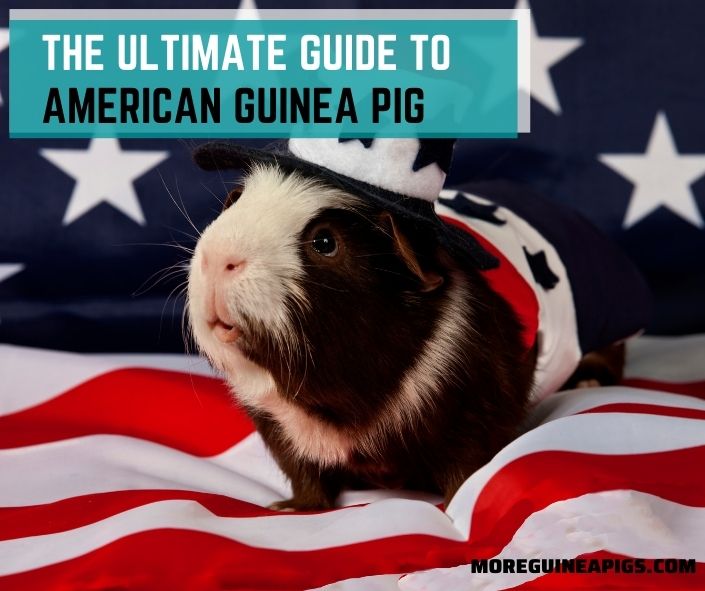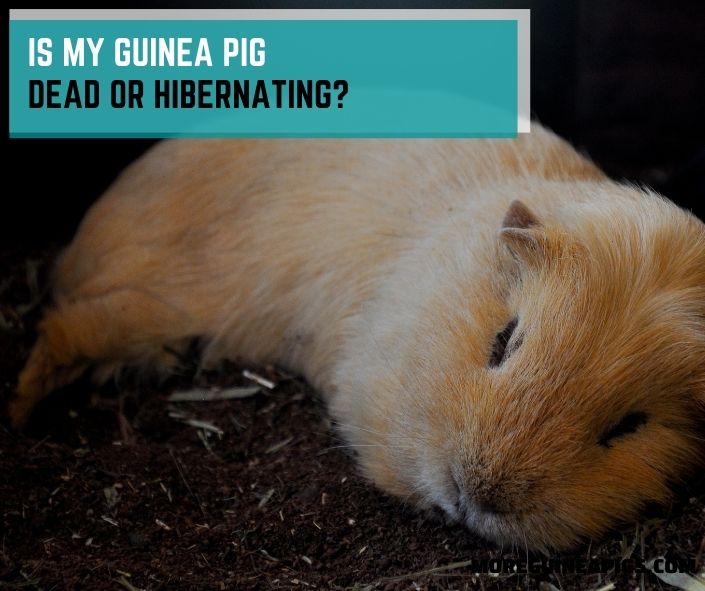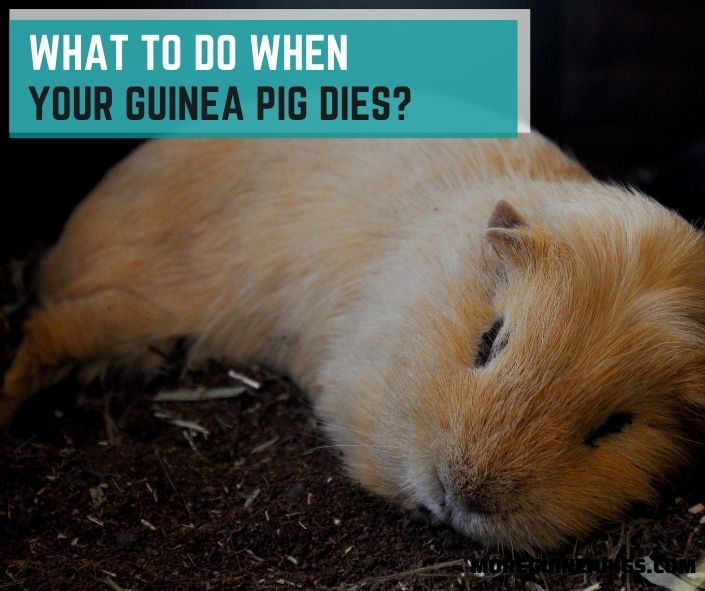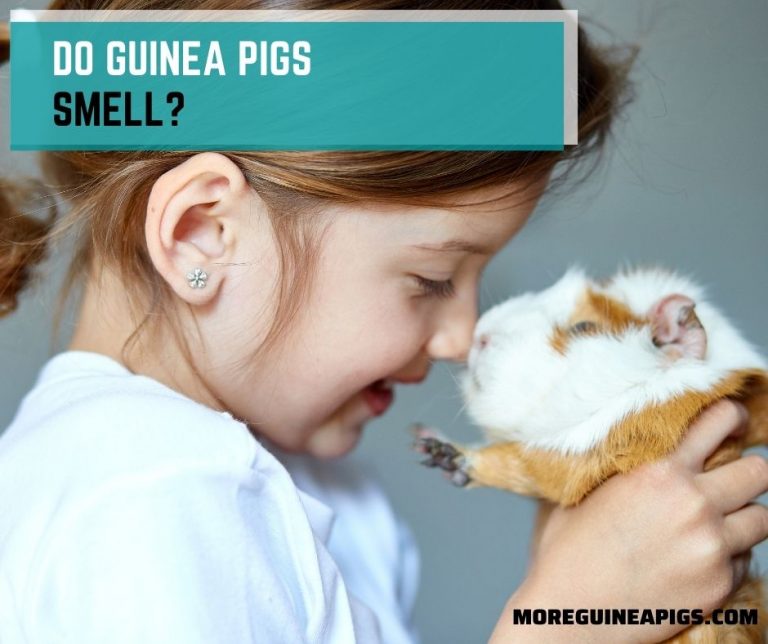Do Guinea Pigs Shed? Cause and How to Reduce it
Are your guinea pigs shedding lately? Do you know the reason why they are losing their hair? It is natural for guinea pigs to shed as they grow or as seasons change. However, excessing shedding is a problem that needs your attention.
Find out why your guinea pigs shed and possible solutions for different causes in this article. We will get into the details of shedding in guinea pigs and how you can reduce it. Let’s dove in!
Do Guinea Pigs Shed?
The answer is a resounding yes. It is natural for guinea pigs to shed old hair to grow new ones. The shedding process is more prominent in some breeds than others and can vary as seasons change. Guinea pigs tend to shed hair more in the spring.
However, it is a problem if your guinea pigs are excessively shedding. It can be due to stress and many other factors, as described in the next section.
7 Cause Explain Guinea Pigs Shed
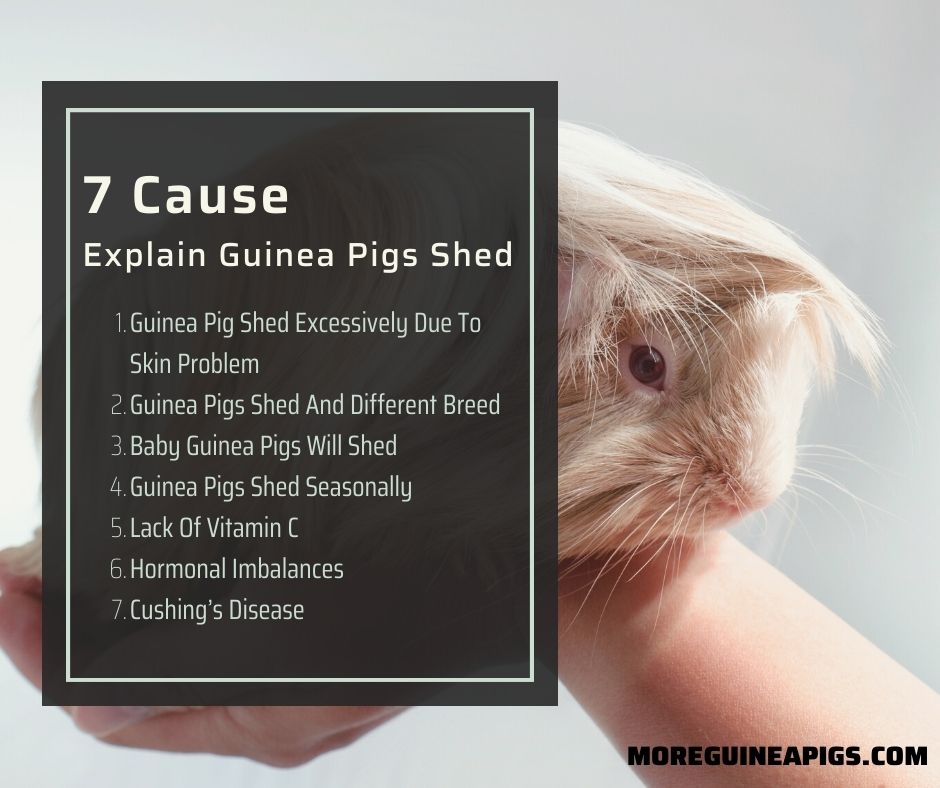
Guinea pigs are considered medium shedders. It is natural for them to shed seasonally or as pups. Apart from age and season, hair shedding can result from stress, skin problems, hormonal imbalances, and vitamin C deficiency.
These problems should be addressed as soon as possible before your guinea pigs lose all their coat.
Guinea Pigs Shed And Different Breed
Long-haired and short-haired guinea pigs all shed hairs, but it is more evident with the long-haired breeds.
Arguably, long hair falls off the skin more compared to short hair. Before panicking, know that your long-haired guinea pig breeds will shed more.
Breeds such as Silkie, Texel, Peruvian, and Abyssinian will shed more because of the nature of their coats. Their long, luxurious, and attractive hairs need frequent brushing and disentanglement to reduce the shedding rate.
They are prone to knotting, resulting in regular shedding.
Baby Guinea Pigs Will Shed
Like most animals, guinea pig pups shed their initial coat as they grow. Their soft, downy hair cannot just protect them in adulthood. They fall off and are replaced by much warmer and stronger coats.
You can expect the guinea pig pups to continuously shed their hair as they transition to adulthood. It takes about 3-4 months, depending on the breed, to drop off all their initial baby hairs. That is also the same period they become adult guinea pigs.
You don’t have to do anything when your guinea pigs shed their baby hair. It is natural, and there is no remedy here. Just keep the cages clean and vacuum your home to remove any fallen hair.
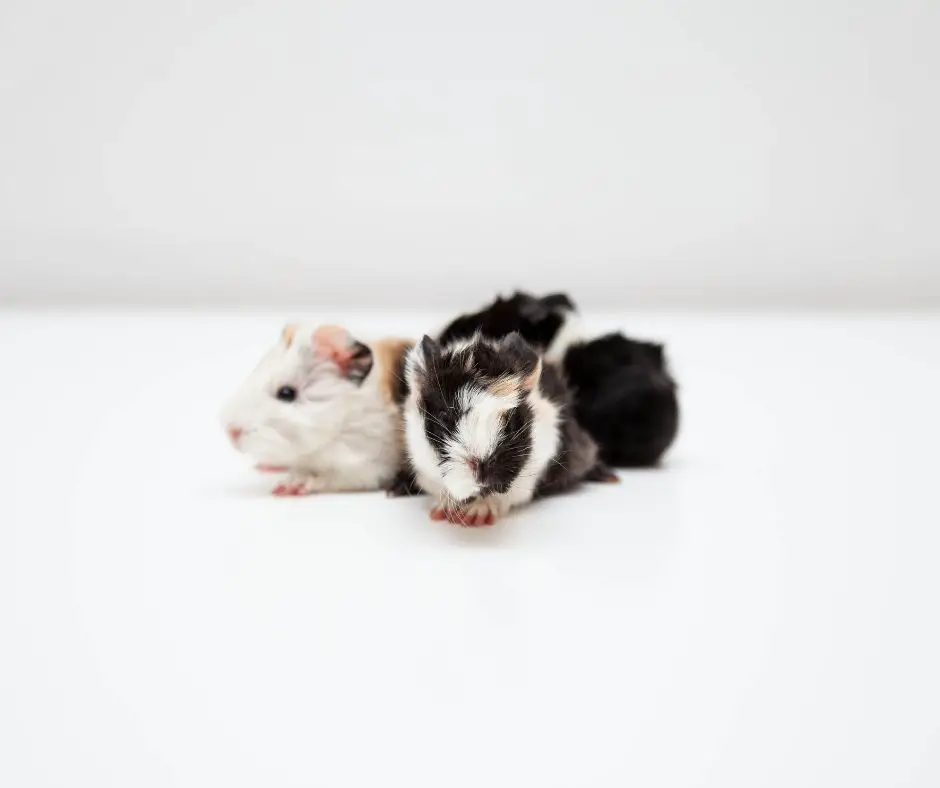
Guinea Pigs Shed Seasonally
Even if you are determined to stop your guinea pigs from shedding, you won’t succeed 100% because they are seasonal shedders. Guinea pigs will shed to adjust to the weather and environmental temperature.
The long-haired breeds shed some of their hair in spring and early summer to avoid overheating. They only need a dense coat to provide warmth during cold winter weather.
You should not disrupt this natural adaptation by stopping them from shedding unless you cage them in an air-conditioned room.
Guinea pigs never shed their coats in the winter because they need them for insulation. Instead, that is the time they have the densest and warmest hair. They get to this season with new warm coats grown from the fall.
You will notice your guinea pigs shedding during fall. That is because they need to grow thicker fur for the coming winter. You can help them by brushing off loose hair strands from their body so the new ones can grow.
It is nothing to worry about when your guinea pigs shed because of seasonal changes. You don’t have to move around looking for any remedy. Let nature take its course.
Guinea Pig Shed Excessively Due To Skin Problem
Guinea pigs will also shed their coat if they have skin problems or parasite infestations. If your guinea pigs shed excessively for no apparent reason, check for any skin disease or parasites.
Mites will cause itchiness. The usual symptoms include thick, crusty skin. Take time to inspect your piggies.
Ringworm infestation can also lead to hair loss in guinea pigs. Your pet will develop bald patches, resulting in dry, flaky, and sensitive skin. These symptoms begin around the head and later spread to other body parts.
Act fast to save your guinea pigs from hair loss resulting from skin infection and parasite infestations. Use only the medication recommended by your veterinarian.
Lack Of Vitamin C
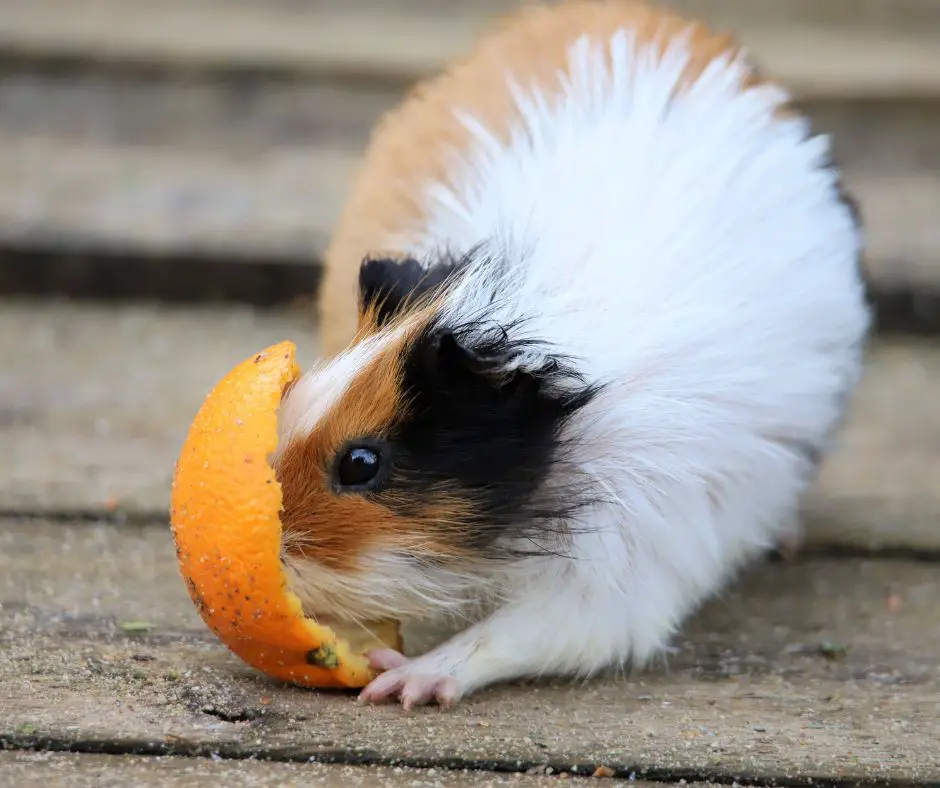
Vitamin C deficiency in the guinea pig diet can lead to excessive shedding and hair loss. Usually, they get this vital vitamin when they feed on pellets infused with vitamin C. However, it can degrade over time.
Consider feeding your guinea pigs fresh fruits and vegetables rich in vitamin C, such as bell pepper and strawberry. Do not remedy the situation by putting vitamin C in the water.
It will only change the taste and discourage guinea pigs from drinking. Also, vitamin C degrades fast. There will not be much of it in the water after the first hour.
Hormonal Imbalances
Hormonal imbalances in guinea pigs are caused by stressful conditions such as diseases, hunger, and unfavorable habitat.
Bullying can also lead to excessive hair loss for stressed guinea pigs. As a solution, ensure your guinea pigs are comfortable and happy where they are.
Guinea pigs are sensitive pets and nervous by nature. Stress can significantly affect them, often manifesting as excessive hair loss.
Cushing’s Disease
Hyperadrenocorticism or Cushing’s Disease is rare in guinea pigs, but it can still occur. It is caused by adrenal glands producing too many hormones that control stress, blood pressure, and heart rate.
The affected guinea pigs show hair loss, thin skin, weight loss, polydipsia, and decreased activity.
What Happens If Guinea Pig Sheds Too Much?
Shedding in guinea pigs due to season or age is natural and should not worry you. However, if you cannot find an apparent reason for the excessive loss, you should take action. The reason may be an underlying condition or parasite infestations.
If your guinea pigs are shedding more than they used to, take them to a vet for clinical examination. The vet will diagnose the problem and recommend remedies to save your piggies.
Excessive hair loss can also be due to illnesses that can be fatal if left untreated.
How Can You Reduce Your Guinea Pig From Shedding?
You should not worry much about natural shedding in guinea pigs. However, you can minimize it through routines that keep your pets healthy, happy, and comfortable.
Keep the cage clean, observe regular grooming, maintain a good feeding program, and always check the health status of your cavies.
Keep Your Guinea Pig’s Cage Clean
Cleaning the guinea pig cage will keep off parasites, such as lice, mites, and others that can cause hair loss. It will also encourage proper eating in guinea pigs as they don’t like being in an untidy environment.
Use appropriate bedding for your guinea pigs and change them regularly. Don’t allow a buildup of droppings, food residues, and dirt. That is the only way to keep parasites and disease-causing organisms at bay.
Also read: How To Clean a Guinea Pig Cage?
Get Rid of Stress In Your Pig’s Life
Guinea pigs are sensitive animals that can also be very nervous. They can be easily stressed by different factors such as bullying, hunger, parasites, and diseases.
Stress can cause hair loss in guinea pigs. If you identify any signs of bullying in the cage, separate the guinea pigs. Additionally, remove all things that can stress them.
Improve Their Diet and Give Them Vitamin C Supplements
Unlike many other pets, guinea pigs require a strict diet. Their bodies are sensitive to dietary changes. Nutrient deficiency such as lack of vitamin C can result in excessive shedding.
You can use vitamin C supplements, but feeding your cavies fresh fruits and vegetables rich in vitamin C is the best approach.
Also, ensure your guinea pigs get enough protein. Despite being herbivores, guinea pigs still need protein in their diet. Lack of it can lead to shedding.
Consider including about 15% protein in their daily diet. They can extract that from oatmeal, beans, peas, and artichokes.
Lastly, include fiber in their diet to aid digestion. Any guinea pig food without enough fiber can cause digestion problems, and the piggies can find it hard to defecate.
Also read:
Groom Your Guinea Pig Regularly
Grooming involves brushing and disentanglement of the guinea pig coat. You should do this regularly to keep your pet kempt. If you have the long-haired guinea pig breed, groom it daily. Their long hairs are prone to knotting and shedding.
When brushing your guinea pigs, don’t just scrape the brush over their skin. Be gentle to avoid hurting them because they have sensitive skin. Also, use only the recommended softy comb.
Also read: How To Bathe a Guinea Pig?
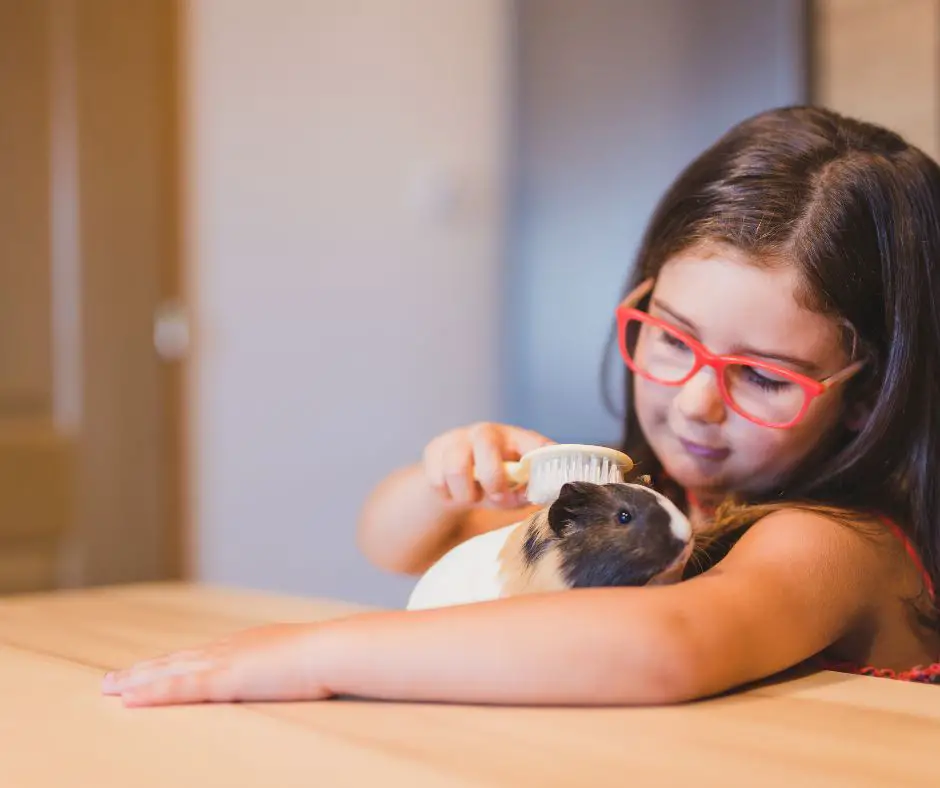
Check for Parasites Regularly
Mites, lice, and other parasites hide beneath the guinea pig coat. They will cause discomfort and stress to your cavies as they bite the skin to feed on the blood. Some parasites can spread diseases and cause excessive hair loss from guinea pigs.
Save your guinea pigs from the agony caused by parasites by regularly checking under their coat. Take appropriate measures to eliminate any identified parasites. Also, use that chance to examine any skin diseases.
Don’t Use Cedar or Pine Wood Chips for Bedding
Cedar or pine wood chips can be deceiving because of their fresh smell. Whatever the reason, never use them as bedding in your guinea pig cage. They release phenols that cause skin irritation, respiratory tract illness, and shedding.
Use newspaper, hay, or fleece as bedding materials to give your guinea pigs the comfort they deserve and avoid health problems. These are also cheap and reusable.
Also read: 4 Best Guinea Pig Bedding
See Your Vet If Guinea Pigs Excessive Shedding
The shedding is excessive if there is sparse fur or bald patches. It can sometimes be caused by conditions beyond you. You should see a qualified vet in that case. Clinical examinations can be the best approach to diagnosing the problem and finding a solution.
Book an appointment with a vet and take your guinea pigs. The vet will identify any underlying condition causing the excessive shedding in guinea pigs and prescribe appropriate medication. Do not use over-the-counter drugs.
Also read: Complete Guinea Pig Care Guide
Final Sentences
You don’t have to worry if your guinea pips are naturally shedding. Take it as usual and only keep cleaning their cages and vacuuming your home.
But if you notice an excessive hair loss, find out the cause and remedy it as soon as possible to save your pets. You can take them to a vet for medical examination if you cannot figure it out.
Thank you for reading this article at Pestive. We appreciate your time and will be grateful if you can share it with other pet enthusiasts. Sharing is caring!
